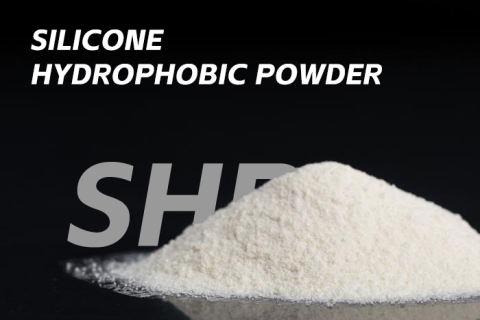
- Home
- >
News
In the construction industry, cement and mortar are essential materials widely used in concrete, walls, and flooring. However, their porous and hydrophilic nature makes them prone to water absorption, particularly in humid environments, which can compromise durability. To address this issue, Silicone Hydrophobic Powder (SHP) serves as an effective hydrophobic additive. This article explores the role, benefits, and applications of Silicone Hydrophobic Powder in cement and mortar.
Hydroxyethyl Cellulose (HEC) is a non-ionic water-soluble cellulose ether widely used in self-leveling mortar to enhance its flowability and construction performance. This article briefly outlines the role, application specifications, and benefits of HEC in self-leveling mortar.
With excellent dispersibility, high water-reduction rate, and broad adaptability, PCE powder has become an essential additive in modern construction. However, improper usage can negatively impact the workability and performance of concrete. Below are several key precautions to consider when using PCE powder in construction:
Imagine returning home after a heavy rain to find your walls stained with watermarks and the air filled with a damp, musty odor. This is a common issue for homeowners and a persistent challenge for builders. Water damage not only affects a building’s appearance but also threatens its structural integrity. Is there a way to make buildings water-resistant while maintaining breathability? The answer is Silicone Hydrophobic Powder (SHP), a groundbreaking material transforming the construction industry.
Polyether Polyol is a vital component in polyurethane-based materials, widely used in construction for its versatility and energy-saving properties. It enhances insulation, coatings, adhesives, and sealants, making it ideal for modern building applications. As demand grows for sustainable, high-performance construction solutions, Polyether Polyol is transforming the industry.
Polyvinyl Chloride Paste Resin (PVC Paste Resin) is a specialized form of polyvinyl chloride processed through a paste-forming technique. Due to its excellent processability and versatility, it has become widely utilized in the construction industry. This article briefly explores its characteristics, applications, and advantages.
Hydroxyethyl Cellulose (HEC), a non-ionic water-soluble polymer, is widely used in construction. Its thickening, water-retaining, and rheology-modifying properties make it a vital additive in cement-based materials, gypsum products, and water-based coatings. This article explores HEC’s key properties and its applications in construction.
This article will detail the characteristics, application areas, and advantages of Polycarboxylate Superplasticizer Powder, while highlighting our company’s technical support services to demonstrate its value in construction, sparking your interest and confidence in our product.
In the construction industry, protecting building structures from moisture damage is a key challenge to ensuring long-term durability. Water infiltration can lead to structural weakening, mold growth, and aesthetic deterioration, severely impacting the lifespan and value of buildings. To address this issue, Silicone Hydrophobic Powder has emerged as a highly effective waterproofing additive. It significantly enhances the water resistance of mortar, concrete, and other building materials, making it an essential innovation in modern construction engineering.
As a significant breakthrough in concrete technology, polycarboxylate superplasticizer (PCE) is redefining standards for modern construction. This high-performance chemical additive brings revolutionary performance enhancements to concrete engineering through its unique molecular structure design.
In modern construction, material performance directly impacts building quality and longevity. Lithium Silicate, with its exceptional durability, impermeability, and environmental benefits, is becoming an ideal choice for building materials. As a professional chemical supplier, we provide high-quality lithium silicate products to help clients enhance construction quality and performance.
In the modern construction industry, material selection has a profound impact on project performance, cost, and sustainability. As a versatile polymer material, Polyvinyl Chloride Paste Resin (PVC Paste Resin) is becoming an important choice in the construction field due to its unique properties.












